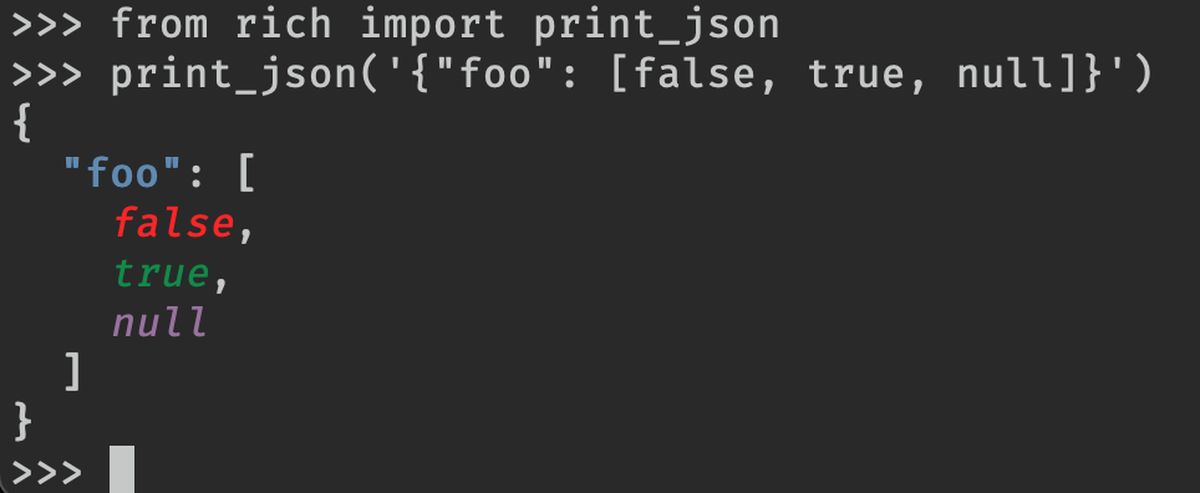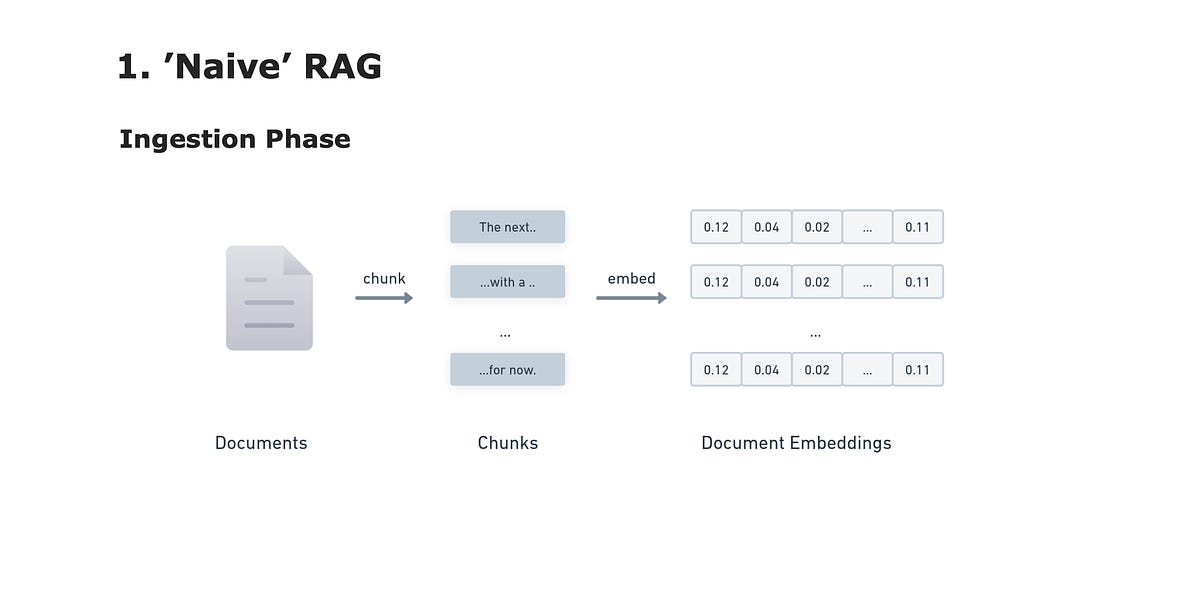
Divisor function - Wikipedia
In mathematics, and specifically in number theory, a divisor function is an arithmetic function related to the divisors of an integer. When referred to as the divisor function, it counts the number of divisors of an integer (including 1 and the number itself). It appears in a number of remarkable identities, including relationships on the Riemann zeta function and the Eisenstein series of modular forms. Divisor functions were studied by Ramanujan, who gave a number of important congruences and identities; these are treated separately in the article Ramanujan's sum.
The sum of positive divisors function σz(n), for a real or complex number z, is defined as the sum of the zth powers of the positive divisors of n. It can be expressed in sigma notation as
where d ∣ n {\displaystyle {d\mid n}} is shorthand for "d divides n". The notations d(n), ν(n) and τ(n) (for the German Teiler = divisors) are also used to denote σ0(n), or the number-of-divisors function[1][2] (OEIS: A000005 ). When z is 1, the function is called the sigma function or sum-of-divisors function,[1][3] and the subscript is often omitted, so σ(n) is the same as σ1(n) (OEIS: A000203 ).























